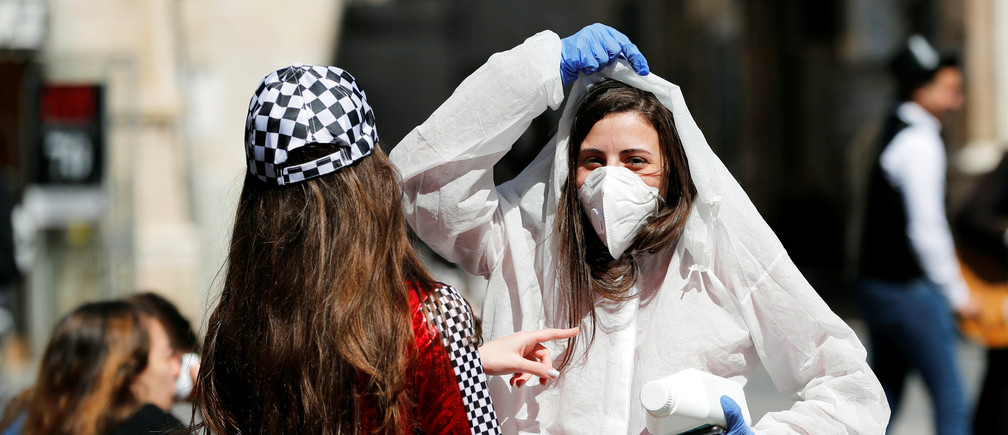Newsbrief: Keeping your home free of coronavirus germs
by Alison Jankowski
edited by Paul Lambert
Proper use of cleaning products is critical in protecting yourself against the coronavirus at home, according to the Washington Post.
The Center for Disease Control has recommended cleaning and disinfecting frequently touched surfaces daily. However many people are not clear on how to properly sanitize home surfaces. And with a lot of misinformation out there it is important to know what areas of the home need vigilant attention.
“The real risk of contracting the disease is actually going out in public but if you are quarantined at home with no one there infected or showing symptoms then regular good household hygiene should be sufficient,” said Joseph Vientz, an infectious disease specialist at Yale University.
Good household hygiene means cleaning the same areas that have been tackled during normal times, paying special attention to food preparation surfaces and other high touch surfaces such as faucets, doorknobs and remote controls. Consistent, focused hygiene will provide the best results going forward.

(Photo: Washington Post)
Before disinfecting, remove visible dirt and grime. Bleach, hydrogen peroxide and alcohol are acceptable disinfectants. Over-the-counter products must be EPA-approved, contain at least 60 percent alcohol, and the label directions need to be followed exactly to be effective. Disinfecting agents should never be mixed as they can neutralize or even produce dangerous gases.
Any disinfectant can be used on surfaces like metals, granite, tile or glass. For porous surfaces such as marble, always follow manufacturers’ recommendations to avoid damage. Surfaces that come into contact with food should be rinsed with water after the disinfectant is allowed to dry. Waiting the recommended 30 seconds to several minutes will effectively kill the germ or virus.
Washing your hands after handling mail is sufficient. The outside areas of reusable and grocery bags should be sprayed with a disinfectant as they have been exposed to highly public areas. Lastly, wearing gloves can also be harmful as they provide a false sense of protection for most. Washing our hands and not touching our faces remains the number one prevention tip for COVID-19.
_____________________________________

Reporter Alison Jankowski: “Really missing our FPU community. Looking forward to reconnecting with friends when this whole virus is over. Thankful for the little things like our zoom classes.”


